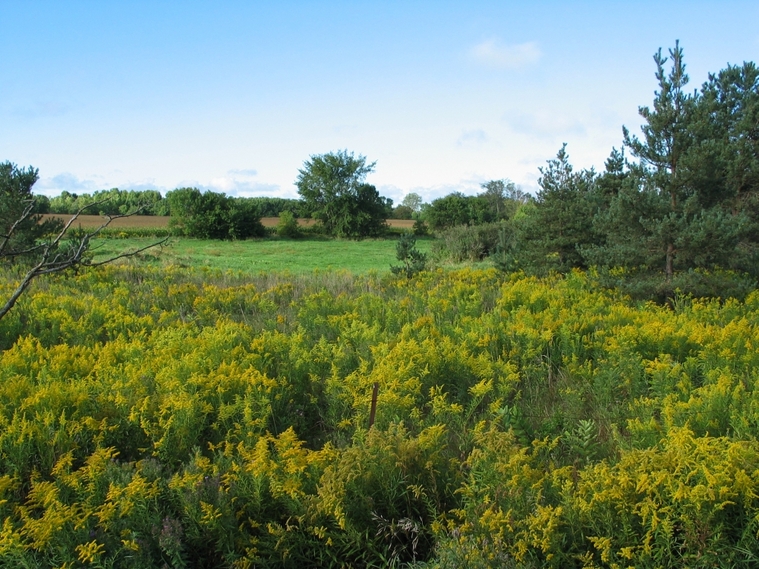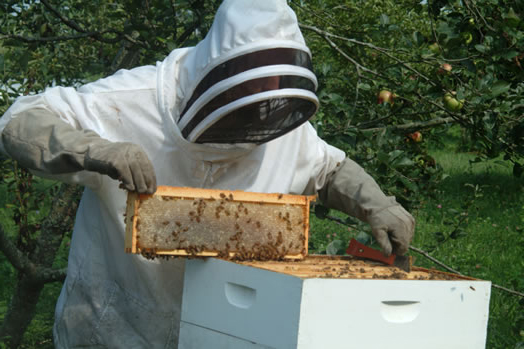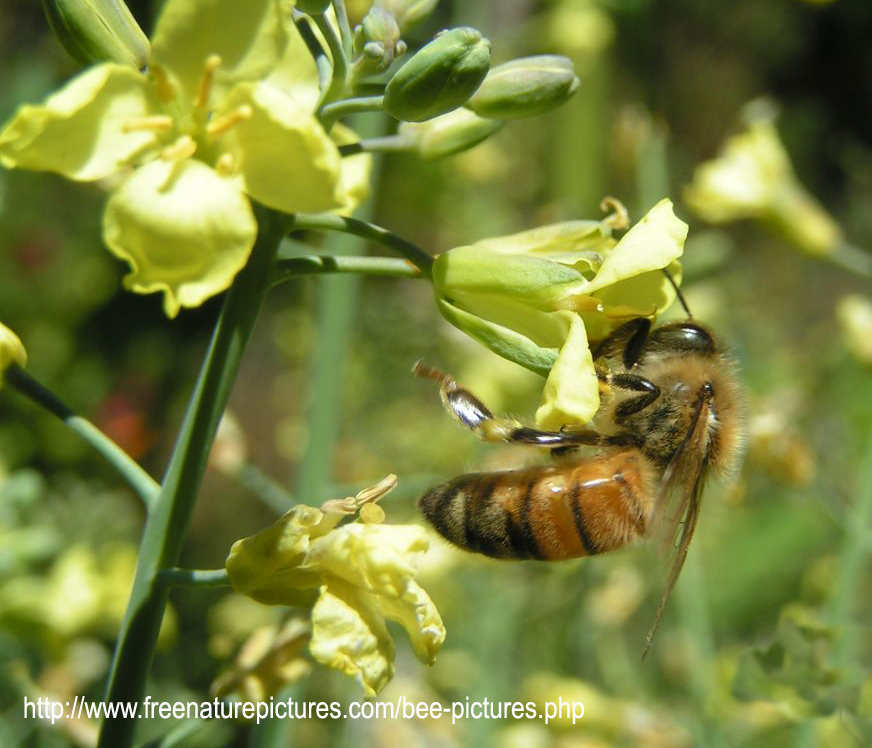PitSense is a community of people organized to respond to proposals for further increases in the number and size of aggregate operations in Caledon.
We are opposed to the continuing 'Domino Effect' growth of open pit mines and quarries in the agricultural and rural residential areas of the Niagara Escarpment and UNESCO World Biosphere Reserve.
ISSUES & IMPACTS
"... a proponent of development has the onus of demonstrating no negative impact. Objectors to a development need not demonstrate that there will be negative impact."
..... SUSAN B. CAMPBELL, VICE CHAIR, Ontario Municipal Board, Rockfort Quarry ruling
Copyright © 2010-2024 PitSense Niagara Escarpment Group Inc.
All rights reserved
___________________________________________________________________________________________________
ISSUE: the BIRDS and the BEES
The negative impact on a long-standing honey operation neighbouring the proposed McCormick Pit is just one example of the potential detrimental consequences and costs that could be imposed on the neighbouring community, without their consent!
Caledon Honey is a prime example of how our community might be affected by the proposed pit.
There has been a significant loss of bees in North America in the last few decades due to pesticides and the failure to provide the environment necessary for bees to thrive & produce honey. Bees require certain working and living conditions to enable them to be productive:
Clean air
Plants - to pollinate and from which to extract pollen
Clean water
Noise free environment
Bees will travel up to 2 miles to achieve their goal. If they encounter a negative experience because their environment has been disturbed, they will swarm and move on. The Caledon Honey hives are less than 0.5 miles from the proposed pit!
The apiarist who manages the bees has already had to move
all hives on another property that were within a 2 mile radius
of an active gravel pit where gravel was being extracted on
a daily basis. If the McCormick Pit were to become
operational, our local honey industry - your local bio-diverse
ecosystem - could be destroyed.
Why is this important to you? This pit has the potential to
negatively impact the biodiversity of your local community.
Biodiversity boosts ecosystem productivity where each
species, no matter how small, has an important role to play:
· A larger number of plant species means a greater variety of crops
· Greater species diversity ensures natural sustainability for all life forms
· Healthy ecosystems can better withstand and recover from a variety
of disasters.
How will the bees & the production of honey impacted?
- The air will be dusty.
- The wildflowers will be greatly reduced in number.
- The water will be sandy and dirty.
- The constant beeping sound of the gravel trucks entering and leaving the pit could frustrate them and cause the hives to swarm.
A healthy biodiversity provides a number of natural services for everyone. Ecosystem services are at risk, such as:
o Protection of water resources o Soils formation and protection o Nutrient storage and recycling
o Pollution breakdown and absorption o Contribution to climate stability o Maintenance of ecosystems o Recovery from unpredictable events
All are at risk! All could be impacted!
The continued existence of the Caledon Honey business, that has been developed over thirty years, may be lost if the McCormick Farm becomes an open pit mine.
An ecosystem could be destroyed, with no compensation!
This pit license application must be defeated!
"We can take for granted the variety of vegetables, fruits and flowers that we can enjoy every day but some of the insect pollinators on which they rely are in serious decline. Understanding the complexities of environmental ecosystems is a priority that will help to ensure the survival of pollinators and the benefits they provide."
...Alan Thorpe, chief executive of Natural & Environmental Research Council (UK)
"When did the bees last send you an invoice for pollination? That’s a more global example where a group of researchers calculated the global value of pollination for food-bearing trees and various forms of agriculture to be of the order of $190 billion per annum. Billion. We are not talking about small numbers."






